Bangladesh's Dhaka Unsettlingly, Dhaka has emerged as the city with the worst air quality on Earth, earning the title of least desirable place to live. With a 239 Air Quality Index (AQI) score, the nation's capital is in a dangerous situation as it deals with the serious effects of pollution.
The Unsettling AQI Readings
The air quality index listed Dhaka's air as "Very Unhealthy" at 8:20 a.m. on Friday, February 16. With this classification, it becomes the focal point of a global crisis in which cities fight air pollution, an invisible adversary.
A Global Race to the Bottom
The questionable distinction held by Dhaka is closely followed by other major cities dealing with comparable issues. The top three cities on the list are Lahore, Pakistan; Delhi; Kolkata; Mumbai; Baghdad, Iraq; and Mumbai, India, with AQI scores of 223, 213, 199, 187, and 185, respectively. The citizens of these cities face major health concerns due to the declining quality of the air.
Decoding the AQI
Understanding the AQI is crucial. It serves as an index for reporting daily air quality and informing people about the cleanliness or pollution levels in a specific city. Here’s how the AQI categorizes air quality:
101–150: Unhealthy for Sensitive Groups
150–200: Unhealthy
201–300: Very Unhealthy
301+: Hazardous
Dhaka’s AQI of 239 falls squarely into the “very unhealthy” range, underscoring the urgency of addressing this crisis.
The Culprits: Pollutants and PM2.5
The air quality index in Bangladesh depends on five main pollutants: small particles (PM10 and PM2.5), nitrogen dioxide, carbon monoxide, sulfur dioxide, and ozone. A major worry is the PM2.5 level, which is currently at an astonishing 41.4 times higher than the recommended annual air quality standard set by the World Health Organization. This tiny particulate matter enters our lungs, causing great harm to our well-being.
Dhaka’s Ongoing Battle
Dhaka has long grappled with air pollution issues. Its air quality typically worsens during winter and improves slightly during the monsoon season. However, the recent AQI score underscores the need for immediate action to safeguard public health.
A Worldwide Emergency
According to estimates from the World Health Organization (WHO), seven million people worldwide lose their lives as a result of air pollution each year. Increased mortality from heart disease, lung cancer, acute respiratory infections, stroke, and chronic obstructive pulmonary disease are among the costs. It is imperative to take immediate action to stop this silent murderer.
Dhaka, a city struggling with daily air quality issues, consistently holds the unfortunate record of being the number one most polluted city in the world, according to the Air Quality Index (AQI) report by the World Health Organization. Dhaka's air quality is in the "unhealthy" to "very unhealthy" categories, with an AQI range of 150 to 320. This poses significant dangers for the people living there. This emergency is a clear indication: fresh air is not a privilege but a basic entitlement. We must act together without any further delay. Every one of us has a crucial part to play in reviving our town and protecting the welfare of its residents.



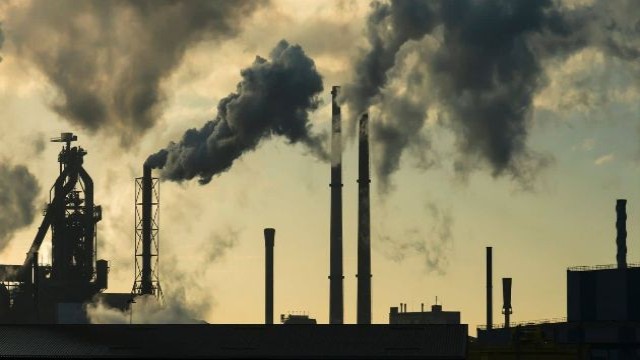


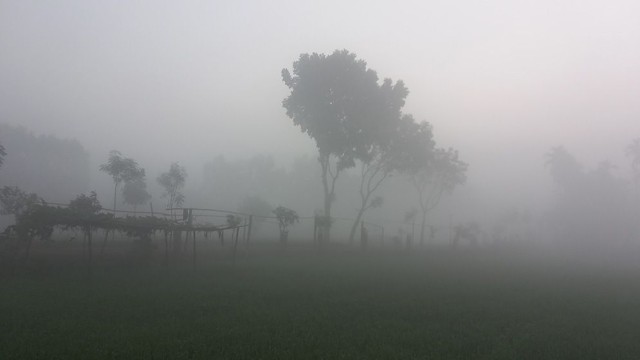
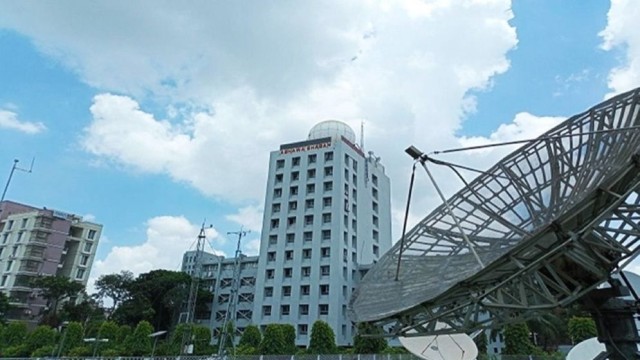
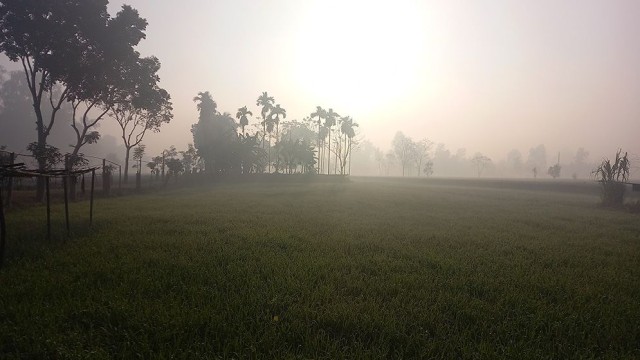
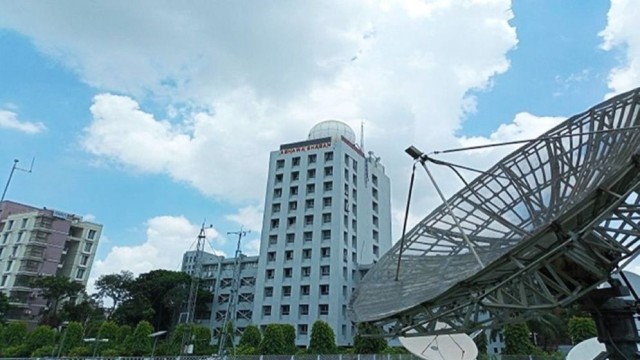

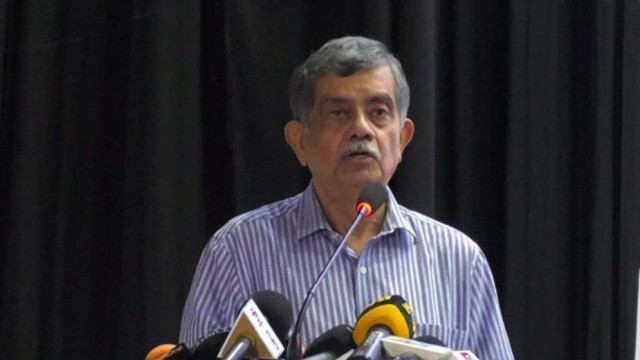
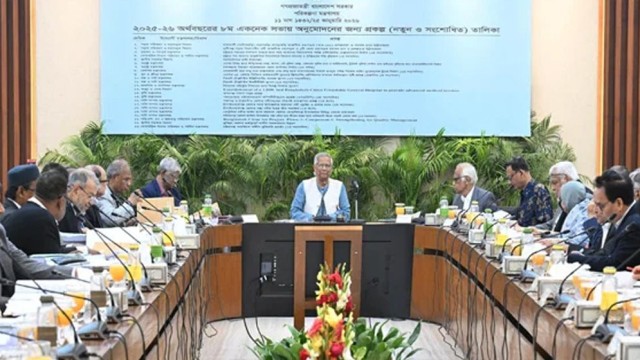






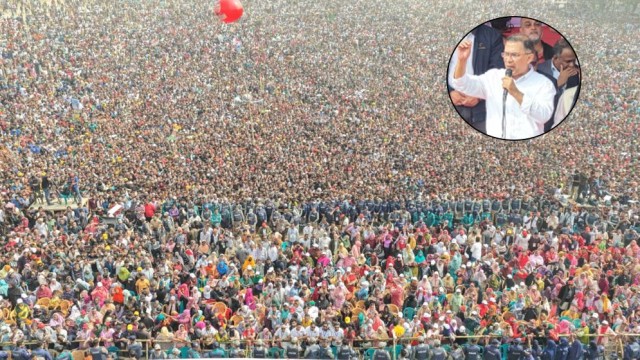







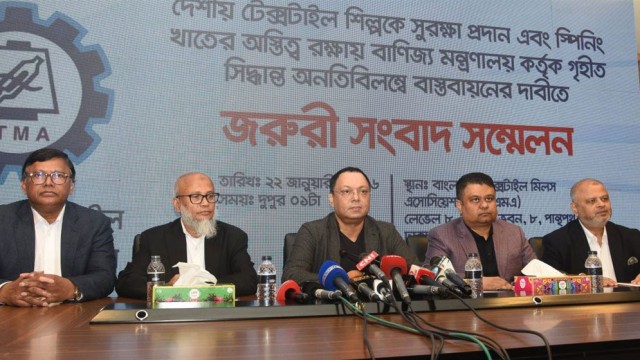



Comment: